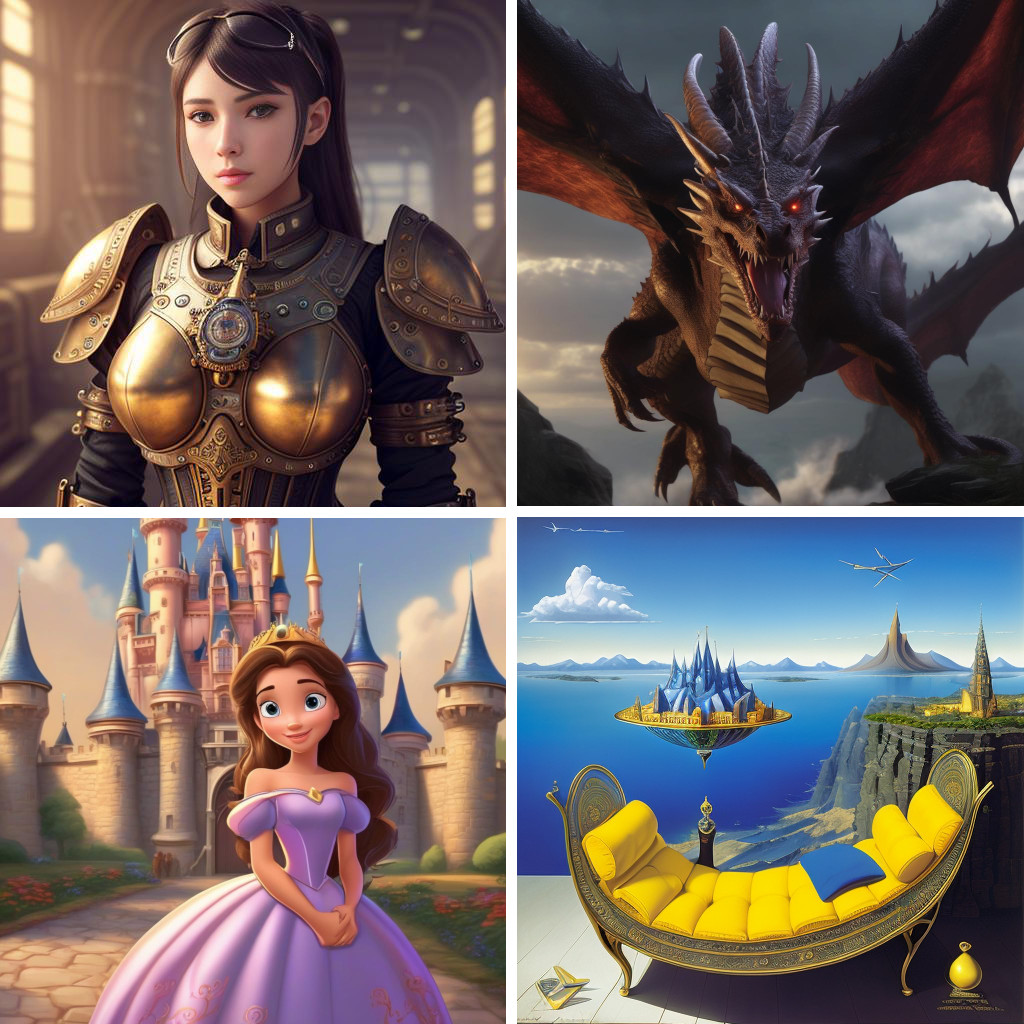There are several advantages of AI image generators, for example:
Time-saving: Just about the most significant advantages of AI image generators could be the ability to saving time. As an alternative to spending too much time or perhaps days creating a photo yourself, AI image generators can generate high-quality images during first minutes.
Cost-effective: AI image generators spend less by reducing the requirement for human designers or artists. This could be particularly therapeutic for small business owners or startups with limited resources.

Creativity boost: AI image generators can inspire creativity by generating unique and unexpected images that human designers might possibly not have regarded. This can lead to new and innovative design ideas that could set a brandname or product aside from the competition.
Customization: AI image generators might be customized to get images that meet specific requirements or preferences. This is particularly useful for firms that require images with specific branding or design elements.
Scalability: AI image generators can generate a great number of images quickly, driving them to suitable for creating bulk of visual content for marketing, advertising, and other purposes.
Consistency: AI image generators can cause images which can be consistent however you like and quality, which will help begin a brand’s visual identity and improve overall brand recognition.
Accessibility: AI image generators may make visual content creation readily available to individuals who may not have design or artistic skills. This could democratize the creative process and present more people the ability to create high-quality images.
Versatility: AI image generators works extremely well across an array of industries and applications, from fashion and gaming to healthcare and education. This versatility means they are a very important tool for businesses and individuals alike.
Just how do AI Image Generators Work?
AI image generators work through the use of machine learning algorithms to get new images using a group of input parameters or conditions.
So that you can train the AI image generator, a sizable dataset of images must be used, which could include many methods from paintings and photos to 3D models and game assets. Ideally, the dataset needs to be diverse and linked with the photographs the AI image generator will generate.
The AI image generator will then be trained using ML algorithms that could gain knowledge from the patterns and features seen in the dataset. In training, neural networks identify and extract specific features from images, for example shapes, textures, and shades.
When the AI image generator has become trained, it can generate new images with different set of input parameters or conditions. These parameters normally include items like style, color, texture, and shape. The input parameters could be set by way of a user or determined by the AI image generator itself.
The model uses the input parameters to have a new image. The task involves while using the ML algorithms to blend and manipulate the options learned during training to produce a new image that fits the input parameters. This process of starting a new image can be repeated multiple times within an iterative process to create variations or refine the image until it meets the actual required specifications.
Finally, the AI image generator outputs the generated image, which may be saved, edited, or employed in however the consumer sees fit.
To conclude, AI image generators work by using ML algorithms to find out from large datasets of images and generate new images based on input parameters. The technology behind these models is continually evolving, and it has the possible to rework the way we create and consume visual content.
For details about ai artwork generator go to see the best web portal





